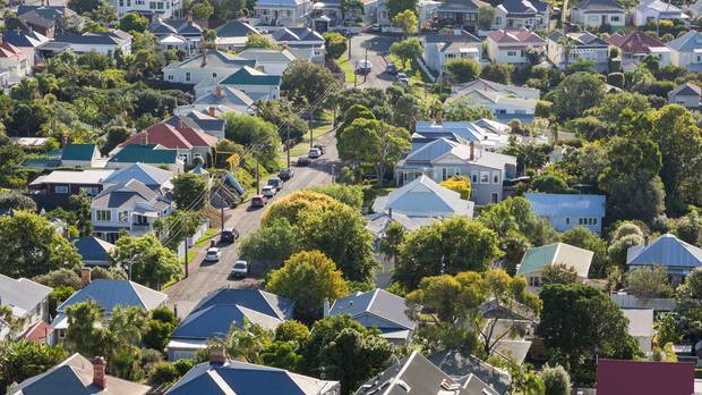House prices are skyrocketing, and this is just the beginning, say Westpac economists in a new report on the economy.
"By mid-2021 we expect house price inflation will be 15 per cent, roughly the same as 2016," says Westpac chief economist Dominick Stephens.
"The political and social fallout will be just as intense as it was back then."
Rising house prices were an unintended consequence of the Reserve Bank's interest rate cuts, he said.
"But that doesn't mean the RBNZ is going to reverse course – if it did, deflation and high unemployment would beckon."
"We still expect that the RBNZ will cut the OCR below zero next year, while simultaneously slowing the quantitative easing programme which will run low on fuel."
Economists at both ASB an ANZ yesterday released reports yesterday which suggested the odds of interest rates being cut in to negative territory as less likely.
"We now expect a more gradual easing in the OCR to -0.25 per cent, and it is looking less clear-cut that a negative OCR will occur at all," wrote ANZ's chief economist Sharon Zollner.
"Weighing up all the possibilities, we still think a negative OCR is more likely than not, but there are a number of risks that could change the landscape."
At ASB senior economist Mike Jones now thinks the RBNZ will hold off cutting the OCR to negative territory.
But he agrees with Stephens that the housing boom won't let up.
"Having initially lauded the housing boom for helping to rescue the recovery, it's quickly become a headache for the RBNZ, regardless of whether it believes it's responsible," Jones said.
"We think it will get worse. We've been calling for LVR restrictions to be returned and they now will be, in March. But we suspect this will slow rather than stall house price acceleration."
Westpac also revised our forecast for the unemployment rate, which we now expect to peak at 6.2 per cent early next year.
"That would be similar to the peak seen during the financial crisis and much lower than we initially feared when Covid-19 first arrived on our shores," Stephens said.
Outside of the travel and tourism sectors, much of the ground lost earlier in the year had already been recovered, with many parts of the domestic economy rebounding faster than expected after the lockdown, he said.
At the head of the pack, businesses linked to the building industry were reporting strong demand. There had also been lifts in manufacturing activity (including exports) and gains in the retail sector.
"Against this backdrop, we're now seeing a rise in the number of businesses
who are planning to take on new staff," Stephens said.
Underpinning this resilience in domestic activity has been New Zealand's success in curbing the spread of Covid-19, he said.
"That's meant most restrictions on activity have been lifted sooner than anticipated and has left New Zealand sitting in a much better position than many other countries."
Globally, the economic gap between countries that have controlled the virus and countries that have not is was wide as ever.
"New Zealand is lucky to find itself in a relatively Covid-free part of the world. Long may that last, because Asia's resilient economies have backstopped our agricultural exporters in an otherwise difficult situation."
On top of that, a massive amount of monetary and fiscal stimulus had been rolled out since the start of the year.
"That's given demand in some key parts of the economy (including the housing market) a powerful shot in the arm."
Take your Radio, Podcasts and Music with you










